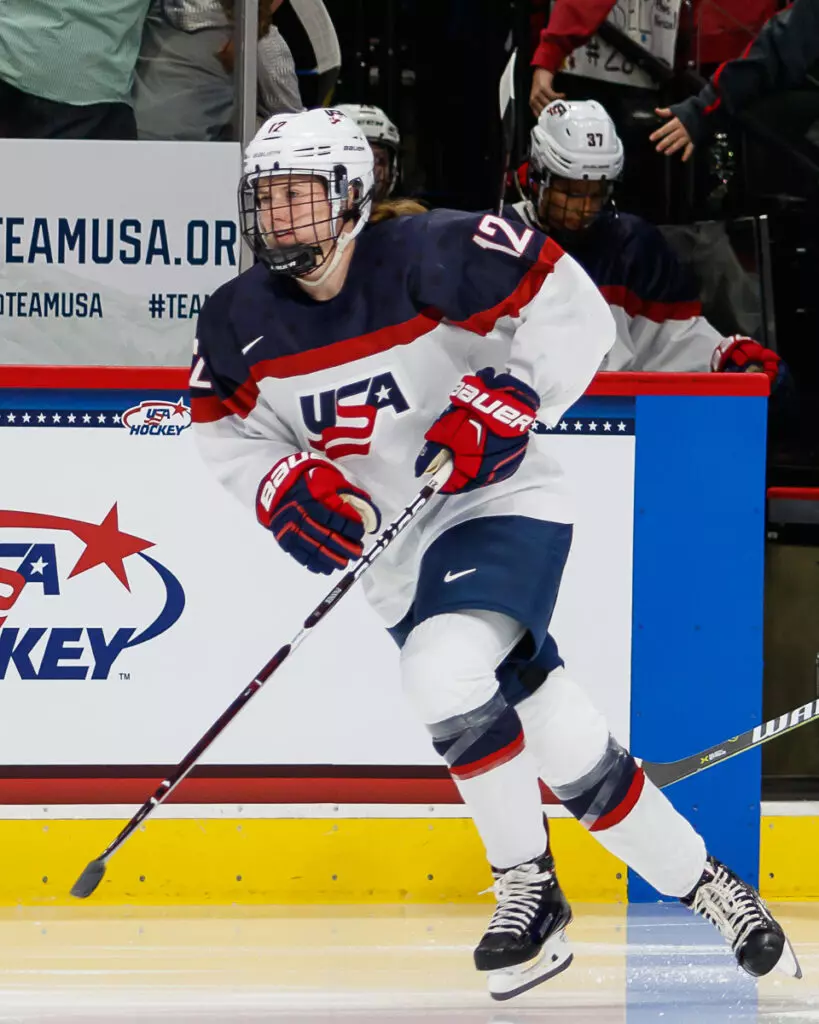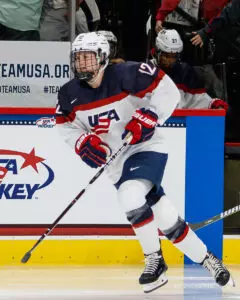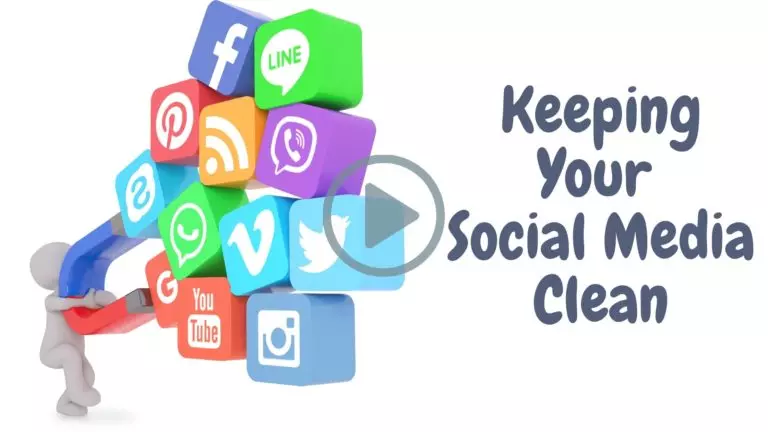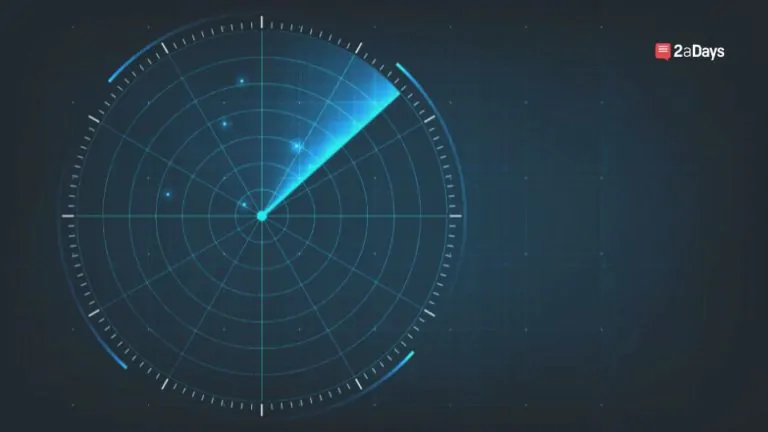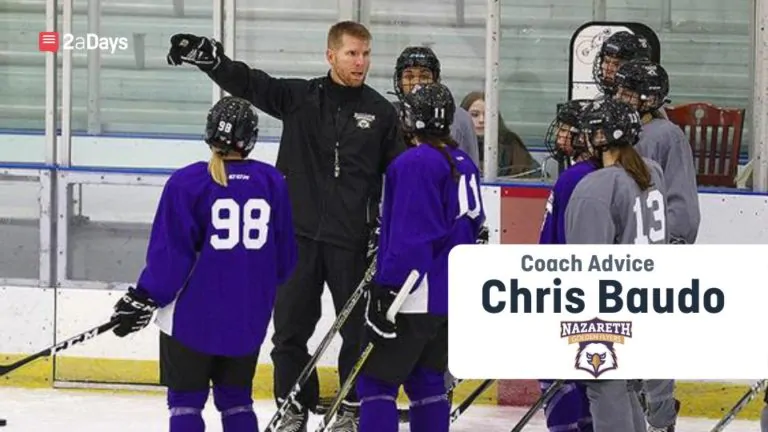Kelly Pannek, a Minnesota native and team captain at the University of Minnesota, has gone far beyond most NCAA women's hockey players in her accomplishments since entering the university. Among her incredible feats is an Olympic gold medal she won in the 2018 Winter Olympic Games in PyeongChang, South Korea. She played in all five games in the Olympics and registered two assists to help the women win gold. Since entering her freshman season in 2014-15, Kelly has been played a key role in helping the team to two national championships in 2015 and 2016. As they are entering WCHA playoffs this week as the top- ranked team, Kelly sat down with 2aDays to discuss life, academics, and athletics as a Division I hockey player and Olympian.
Life
2aDays: Being a Minnesota native, what does it mean to you to play for the University of Minnesota and be a senior captain?
“We take a lot of pride in our team and playing for the team. I think in my time here we've had maybe 5 non-Minnesota girls about. We take a lot of pride in being from Minnesota and the hockey we've come from growing up with all our youth teams and stuff. Our freshman class is a good example of that. I think six of them have been playing together since they were eight. When you get to this level and you're playing together, you just have so much pride in that. Going back to the history of our program, there's so much behind that and putting on the jersey. Being chosen as someone to lead that is a huge honor knowing the captains I've played with and played for. It's very humbling.”
2aDays: Being an athlete is really a full-time job. What is your advice for balancing classes, practice, and a social life?
“I always laugh because coming from high school I played multiple sports and still had school, sports that weren't associated with high school, and friends. It's always easier when you come to college, or at least I felt that way. I have less school per day, I have less technical homework, I have fewer practices to go to, and all of my friends are on my sports team. I felt it was easier that way since it's less hectic and there are fewer moving parts. I think the biggest piece of advice is when you come to college is to be really open with your team or with other people. I wish I would have done that a little bit more; not necessarily with my team, but with the other people part and not being so quick to say, ‘oh my team has to be my only friends.' It's been fun to branch out whether that be with other athletes or people in my classes.”
2aDays: Having had so much success in your hockey career so far, how do you stay humble and manage the outside pressures that come from being a star hockey player?
“I think about how I was raised. With my family, it was always been ‘congratulations, nice job' but people do cool things all the time. My siblings are really smart, and they've been really successful with school and in their careers. We always joke I play hockey but they're also just as successful. It's kind of a balance of knowing you're great at that one thing but it doesn't automatically mean you're better than whomever. I think our team and the way our coaches encourage us is to be happy for each other and also have the balance of ‘yeah, you're here on this team now'. Me winning last year doesn't mean anything for what happens this year. It doesn't guarantee any success. It doesn't guarantee any awards or anything. I've always been someone where celebrating my success is the last thing I do. I'm way more ‘I want to be on a team that wins' and be a part of the success. I think a week ago I looked at the pictures from the Olympics from the first time like actually scrolled through them all to look at them. I haven't probably even acknowledged that accomplishment enough. I'm always like what's next?”
Academics
2aDays: As far as academics are concerned, are there tutors for athletes who are finding it difficult to keep up with their sport and academics combined?
“There's so much support for athletes, there's really no reason to not get help in an area if you need it. If you need help in an area, all you have to do is ask. With my family it's always been the expectation to be good in school whether it comes naturally or not, just try hard. I think with our team it's a similar theme. “We have engineers on the team, which I think is insane because it's so hard with their labs and stuff like that. Our team takes a lot of pride in doing well. In some ways, being part of a women's sport it's easier to focus on school because you know there's no banking on going pro as a way to make a living. It's more of a way to keep playing. You need to have that fall back of an education and getting a job and what comes with it. I think most women's teams are academically driven. If you need help there are so many people that can help whether it's tutors, academic advisors, coaches or teammates”
2aDays: Do you/most of your teammates stay on campus in the summer to take classes or are your summers just dedicated to your sport?
“We have a mix. Because most of us are from Minnesota most of us stay on campus or commute to campus. We usually do summer school; I did it every year except this last summer. The perk of that is we get to train. We have ice people can go stake when they want to.”
2aDays: In order to play in the NCAA is there is certain GPA that you have to keep to remain eligible. Does your team have a particular GPA standard or goal?
“There is a standard, but I'm not exactly sure what it is. It's around 2.5. Our team doesn't necessarily have a specific GPA to hit, but this year was our highest. Part of it is you don't want to put people who are on the scale of school is hard to school is easy and make it too much of a stressor. It can be stressful enough to balance a schedule. We don't have a goal of let's make this GPA because then it becomes ‘oh what GPA did you get?' and instead of supporting each other.”
2aDays: As far as missing classes due to your game schedule, how do you manage or make up the work?
“I don't think I've missed many classes. Because I'm in Carlson, I don't have school on Fridays. I maybe miss one class a semester. I think last semester I missed once or twice. Now adding on USAs with camps and stuff, in April there's a World Championship so I'll miss two weeks of school for that. That's harder too because it's not a university-sponsored event. Professors have to give you some leniency if it's a Gopher event, but with that, it's just staying on top of it. It really comes down to communicating. If you communicate early, that helps. If you ask the professor ‘hey I got back late last night and we have an exam tomorrow, is it okay if I take it the next day or is there another time I can take it?' the worst they can say is no. Other than that, its finding time to get assignments done whether its before you leave, on the road, or when you get back.”
Athletics (12:02)
2aDays: Can you tell us about your experience redshirting last season to train with the U.S. Women's National Team to train for the Olympics?
“Redshirting was weird. I knew what was going on with the team, but not to the extent of being with them every single day. They're still my really good friends and that was my senior class last year. Just keeping in touch with them and supporting them from a distance was interesting. Being with the national team for six months straight is a really unique experience. There's just so people you can learn from and so much that you can learn. But then there's also like you're only focusing on hockey. Even intentionally not focusing on hockey was preparing you to be your best every single day. That's something I took away the most. Whatever it is or how I work is different than how my teammates would work there, or how my teammates would work here. Knowing what you need to do your best every day; whether that's constantly focusing on hockey (I don't know if for many people it is; but for me, it's definitely not), and just finding those ways to have that balance so you can come to the rink every single day, be happy, and enjoy it. If those things happen, you're going to get better.”
2aDays: Redshirting a season can sometimes be difficult for athletes, what advice do you have for athletes who take a redshirt season?
“Be where you are. It's something our team has talked a lot about this year—be where your feet are. Whether that's here, there, in whatever you're doing. If you're taking a redshirt be where you are. You're going to go through it, you're going to get through it. Lean on the people around you; your teammates, your staff, your trainers, whoever it is. Just trust it'll all be okay in the end. You're going to get the most out of the experience by being where you are.”
2aDays: How does it feel returning to NCAA play after winning Gold in the 2018 Olympics?
“It's really fun. I think college hockey is really special, especially with our program, just because there is nothing we want more in our program. We have great coaches, great staff, equipment, facility, ice time that is ours since we don't share it with the men. We are set up so well and I think especially leaving and knowing what a lot of girls who are post-grad and playing with the national team, they are constantly looking for ice time and places to train, their leagues aren't the most established. Knowing how well we have it in college, you're just super fortunate for it. It's fun to see how a team progresses throughout a year. With the national team, we were so focused on the end result, it was hard to acknowledge the daily developments.”
2aDays: What was your favorite memory from competing in the Olympics?
“Outside of winning the gold medal. That was one of the most fun games I've ever played in; we were losing most of the game and came back in the third period to tie it and forced it to overtime and then won in a shootout. That game itself was one of the most exciting hockey games I've ever played in. The Olympic experience, the one moment I was like ‘wow I'm in the Olympics' was in the opening ceremonies. That's the moment where they announce your country, you're walking out with all the other athletes and you're just like ‘holy crap' That was the moment I was like wow, I'm an Olympian.”
2aDays: As a team captain, what's your leadership philosophy and how do you motivate your teammates to buy in?
“It's not hard to get people to buy into our program. Our coaches do a great job of that as well. They're all about the balance of balancing our team values and balancing results. We're going to care about how we play and how we carry ourselves as a team and program, but we also care about winning and being successful. For me as an individual leader, I just want my teammates to know I believe in them. Instilling that in them, hopefully, they show that to other people that we believe in each other. The teams that are the toughest to beat are the teams are the ones that feel they can't be beaten because you play together. If we can be that in whatever way that looks, that's when we're most dangerous. I'm fairly comfortable speaking to people and being direct whether its ‘knock it off' or ‘that's not what we do' but at the same time saying, ‘that was awesome' or ‘keep it up.'”
2aDays: What's your relationship with your teammates?
“Our team loves being together. A lot of people in their off time want to be alone, but we want to be together and hang out. Our team is so competitive and wants to win and wants to win. we have some really talented people on the team. At the end of the day we know our individual success is greater when our team success is greater and that allows us to let the jealousy or ‘I wish I could do that' that comes with a group of 27 18 to 23-year olds, it helps push that aside. This is such a fun group to be a part of. There is so much personality, and it's so fun to see how everyone gels together.”
What's your relationship with your coaches like?
“It's really honest and open. Mostly because that's how I like to be. I like that feedback from them as well, but they make it really easy for everyone to be like them. I really believe there is not a better coaching staff in women's college hockey. They care more about you as a person than as a player.”
2aDays: What was the best piece of advice you've gotten from a coach and who was the coach?
“One of our assistant coaches, Joel Johnson, always says “Choose Joy.” It kind of goes with anything; everything is a choice. The way you respond to any situation is a choice. It's acknowledging that some choices are really hard to make. It's really hard to make the choice to be positive or supportive if things aren't going your way, but you still have that choice. It goes in so many different areas whether it's in sports, or life, or relationships; everything you do is a choice.
2aDays: What advice would you give to high school athletes aspiring to reach the DI level like yourself?
“Always remember why you love to play. I'm a firm believer that you're your best when you love what you do and if you love what you do, you'll want to be better at it. That's always been me. I've always been someone who has been told to try hard, try hard to be a hockey player, or try hard to get better. No one has ever had to say you should probably go workout more or work on your skills more. It's something I want to do because I want to be the best at what I'm doing. I think that's the key. In Minnesota, there are so many girls who want to play Division I, but sometimes it's hard to know if it's them that want to play Division I or if its something people expect of them. You can tell the ones who really love it at a young age and they genuinely just want to keep going. That's when you'll be your best and your happiest.”
2aDays: What's the funniest thing you can remember happening to you in a game?
“I fall a lot, sometimes in embarrassing ways. It was funny, but it wasn't embarrassing funny. There was a game against North Dakota my junior year and they had pulled their goalie because they needed a scorer. I fell in the middle of our defensive zone, I got the puck in the middle of our zone, I turned and whacked the puck on my knees, and it went in. It was one of the craziest things like… ‘what did you just do?' and it was so weird.”
* Originally published on May 6, 2019, by Monique Felix
